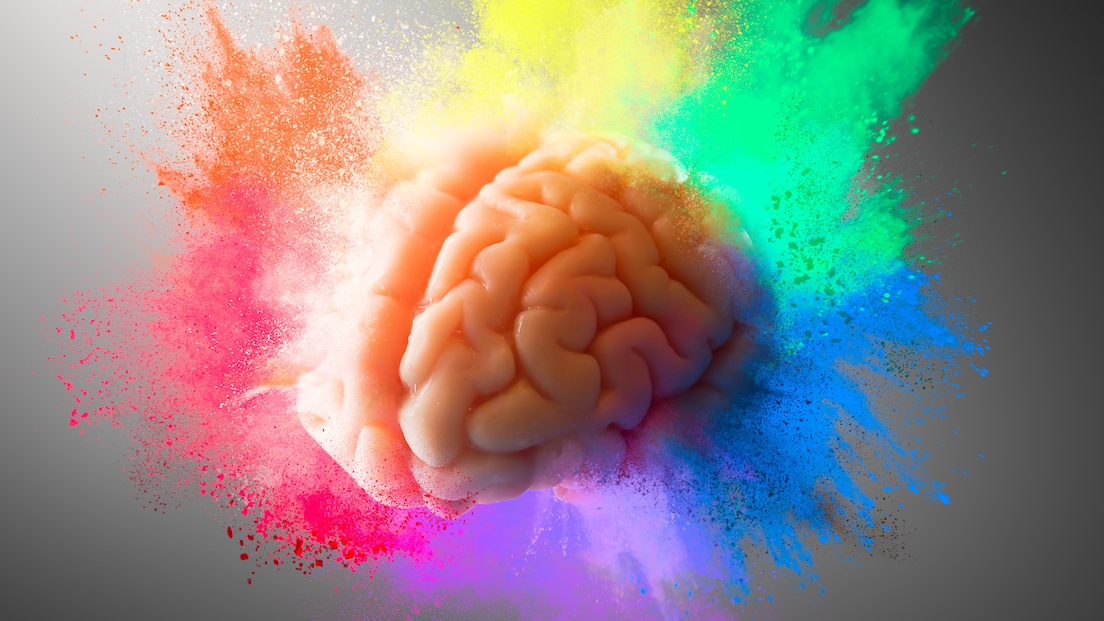Psychology’s five major perspectives explained

- Psychology is the scientific study of the mind and behavior, but did you know there are actually five different perspectives to psychology?
- The earliest study of human psychology can be traced back to 400-500 BC.
- The biological approach, the psychodynamic approach, the behavioral approach, the cognitive approach, and the humanistic approach offer valid yet opposing ideas on why humans behave the way we do.
Human beings are fascinating. Have you ever wondered why some people can remember certain dates really well and others can’t? Or why you are a home-body while your best friend is usually the life of the party? What makes us think, feel, and behave the way we do?
Psychology — the study of the mind and behavior — can be traced back to as early as 400-500 BC, while modern psychology is said to have started in 1879 when Wilhelm Wundt opened the first psychology lab.
Wundt’s laboratory would become a focus for those with a serious interest in psychology — first opening its doors to German philosophers and psychology students, and later for American and British students as well. Wundt’s aim was to record thoughts and sensations and to analyze them into their constituent elements in much the same way a chemist would analyze chemical compounds, in order to get to the underlying structure.
The study of psychology has progressed greatly, thanks to Wundt and other pioneers. Over the years, psychologists began to study all aspects of human behavior from personality traits to brain functions. Eventually, the studies began to look at the same human behaviors from various angles including biological, psychodynamic, behavioral, cognitive, and humanistic perspectives. These became known as the “five major perspectives” in psychology.
The biological approach
The biological approach to psychology focuses on examining our thoughts, feelings, and behaviors from a strictly biological point of view. In this approach, all thoughts, feelings, and behaviors would have a biological cause.
This approach is relevant to the study of psychology in three ways:
- Comparative method: different species of animals can be studied and then compared to each other. This helps us better understand human behavior.
- Physiology: the study of how the nervous system and hormones work, how the brain functions, how changes in the structure and/or function can affect our behavior. For example, how prescribed drugs to treat depression can affect our behavior through their interaction with the nervous system.
- Investigation of inheritance: the study of what we inherit from our parents (through genetics). For example, whether high intelligence is inherited from one generation to the next.
Each of these is inherently important to how we study human psychology from a biological point of view, and it’s suggested that behavior can be largely explained through biology.
The psychodynamic approach
The psychodynamic approach to psychology is most well-known for its ties to Sigmund Freud and his followers. This approach includes all theories in psychology that see humans functioning based on the interaction of drives and forces within the person, particularly unconscious and between the different structures of the personality.
Freud developed a collection of theories (most of which were based on what his patients told him during therapy) that formed the basis of the psychodynamic approach.
The psychodynamic approach can be best described in basic assumptions that:
- Our behavior and feelings are powerfully affected by unconscious motives.
- Our behavior and feelings as adults are rooted in childhood experiences.
- All behavior has a cause, and that cause is usually an unconscious one.
- Personality is made of three parts (ID, ego, and super-ego).
The behavioral approach
The behavioral approach to psychology focuses on how one’s environment and external stimuli impact a person’s mental states and development. More importantly, it focuses on how these factors specifically “train” us for the behaviors we exhibit later on.
People who support this approach to psychology over others may believe that the concept of “free will” is an illusion because all behaviors are learned and based on our past experiences. In other words, that we’ve been conditioned to act the way we act so nothing is ever truly our own choice.
The cognitive approach
The cognitive approach to psychology shifts away from conditioned behavior and psychoanalytical notions to the study of how our mind works, how we process information, and how we use that processed information to drive our behaviors.
This approach focuses on:
- The meditational processes that occur between the stimulus and our response to the stimulus.
- Human beings are information processors and all learning is based on the relationships we form with various stimuli.
- Internal mental behavior can be scientifically studied using experiments that show us how we react to certain stimuli.
In other words, the cognitive approach focuses on how our brains react to the environment around us and how our cognitive brain has very specific ways of processing certain stimuli which can explain why we think, feel and behave in certain ways.
The humanistic approach
The humanistic approach to psychology was considered something of a rebellion against what psychologists saw as the limitations of the behaviorist and psychodynamic theories of psychology. It’s the idea that we should approach psychological studies uniquely for each individual because we are all so vastly different.
This approach focuses on:
- The idea that we all have free will.
- The idea that people are all basically good and that we have an innate need to make ourselves and the world better.
- That we are motivated to self-actualize, grow, and thrive.
- That our experiences are what drive us.
This approach puts emphasis on the uniqueness of every person and every situation, suggesting that the other studies can never be fully accurate as there is such a wide range of thoughts, feelings, and human behaviors that can adapt and change as we do.
This article was originally published on Big Think in July 2020. It was updated in June 2022.





